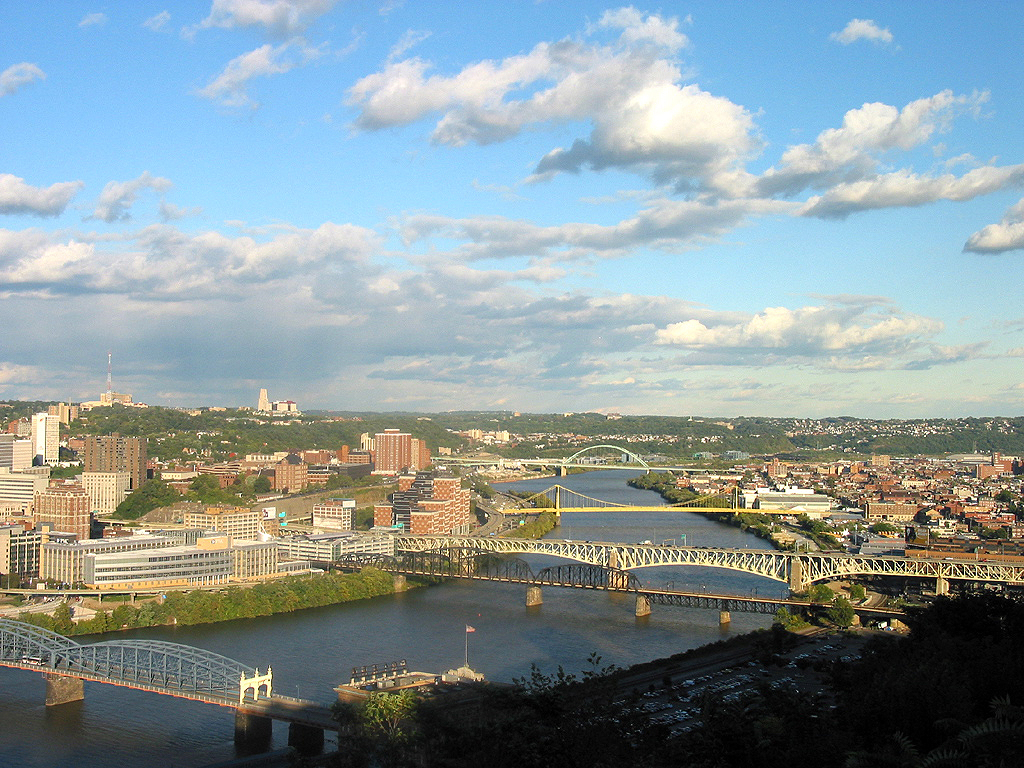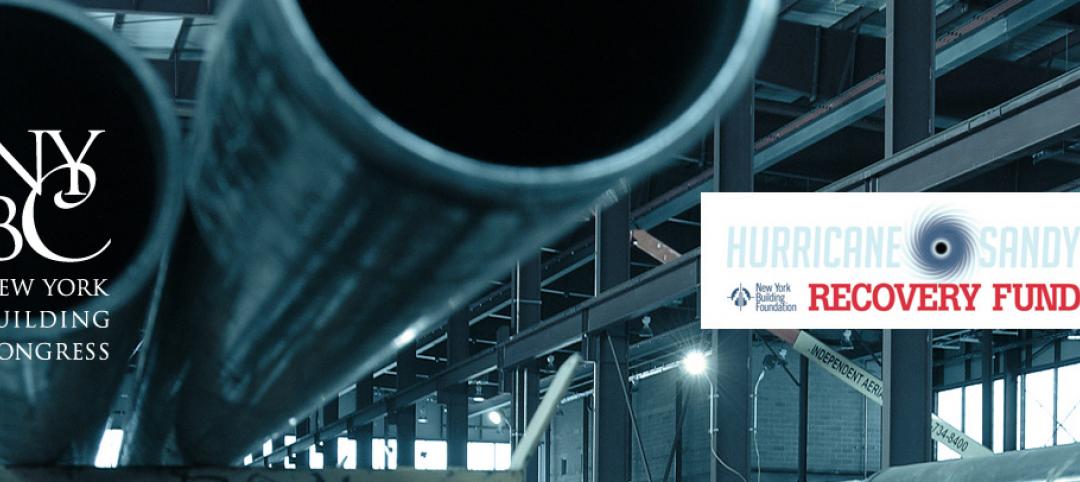The most resilient cities in the world, including six in the U.S., have attributes that would enable them to recover better than others from devastating natural disasters.
A report by Grosvenor examined 50 major cities around the world and ranked them on their vulnerability and adaptive capacity in terms of their infrastructure, community, resources, environment, and climate.
Two-thirds of people will live in urban areas by 2050, according to U.N. estimates, so city planners face daunting challenges to cope with the impact of climate change and population growth. The top three resilient cities are Canadian (Toronto, Vancouver, Calgary), and six of the top 10 are from the U.S., led by Chicago and Pittsburgh.
The report examines five categories of vulnerability: climate, environment, resources, infrastructure, and community. The five categories of adaptability include governance, institutions, technical capacity, planning systems, and funding structures.
“Resources,” encompasses a city’s access to energy, food, and water. “Funding structures” covers the ability to borrow and tap into national and international money.
“The strong U.S. ranking is due to adaptive capacity, where resources, public accountability of elected officials, and the technology of the U.S. are dominating factors,” the report says. “This suggests that U.S. cities will continue to see a pattern of effective public intervention, but often only after a major shock has occurred.”“The least resilient cities are the ones facing the greatest pressure to grow,” the report says. “High rates of population growth, while beneficial to production and culture in the long term, are likely to challenge improved adaptive capacity in the short term.”
(http://www.fastcoexist.com/3029442/the-10-most-resilient-cities-in-the-world)
Related Stories
| Dec 7, 2012
Georgia court limits contractors’ ability to foreclose on liens
The Georgia Court of Appeals ruled in 182 Tenth, LLC v. Manhattan Construction Company that lien claimants such as contractors, subcontractors, and materialmen, may not foreclose on a lien that includes unpaid general condition costs.
| Dec 7, 2012
San Francisco real estate records will include ‘green labels’
Ecologically-sustainable building practices, or “green labels,” will now be included on official land records maintained by San Francisco.
| Dec 7, 2012
Tokyo’s Green Building Program has reduced power consumption by 20%
Tokyo city officials calculate that its Green Building Program reduced energy consumption by 20% since its inception, a statistic they identify as the reason the power stayed on during the 2011 earthquake.
| Dec 7, 2012
New flexible options make achieving LEED certification easier on projects outside the US
A new set of Global Alternative Compliance Paths, or Global ACPs, are now available for all commercial projects pursuing LEED green building certification using the 2009 versions of the rating systems.
| Nov 29, 2012
New York contractors say they will pay tax despite a court ruling that the tax is unconstitutional
The New York Building Congress says it will voluntarily pay a tax declared unconstitutional by the courts because, it says, the money is vital to maintaining the city’s transportation infrastructure.
| Nov 29, 2012
Storms like Sandy highlight the need for stricter codes, says insurance expert
Experts on insurance, weather, and catastrophe modeling say the role of climate change in Hurricane Sandy and future storms is unclear.
| Nov 29, 2012
Quake simulation to test concrete building's strength in California
Researchers aim to gauge how buildings constructed with reinforced concrete withstand an earthquake by conducting a simulation test at a two-story building built in the 1920s in El Centro, Calif.
| Nov 29, 2012
AGC offers stormwater compliance webinar
An effective document management system is necessary to stay in compliance with new and forthcoming stormwater runoff requirements, says the Associated General Contractors of America.















